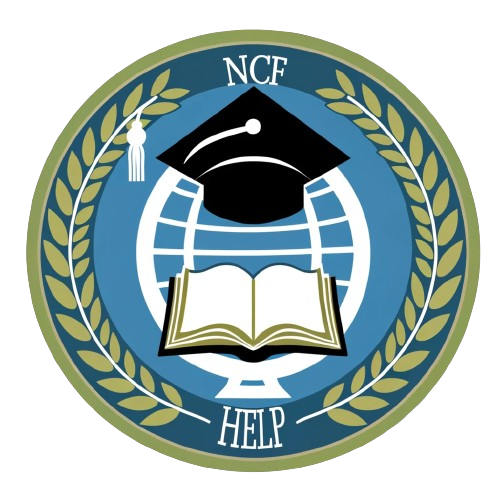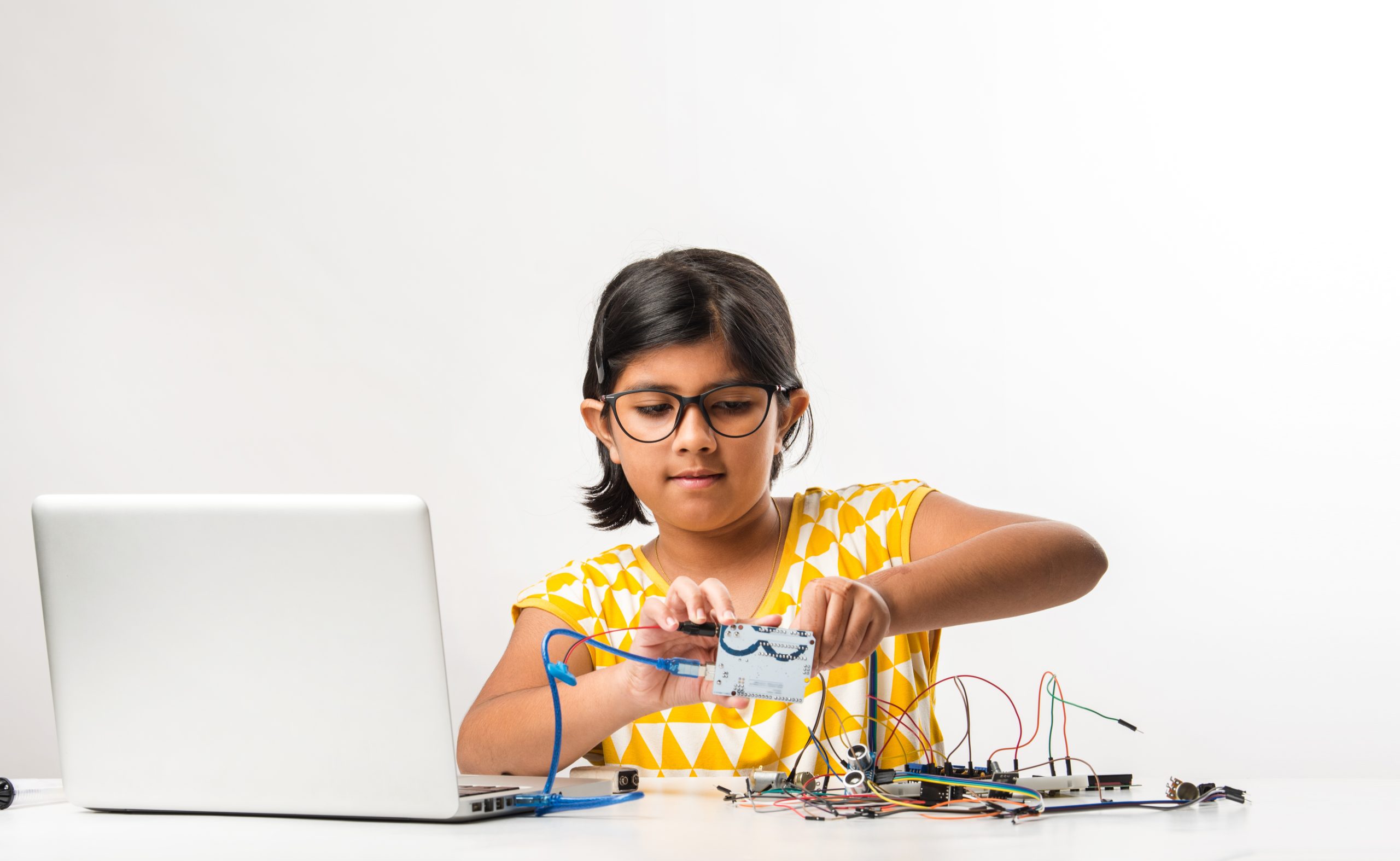Explore how educators are reimagining assessment practices to move beyond rote memorization and foster deeper learning, engagement, and student empowerment.
Keywords: #AssessmentReform #MeaningfulLearning #StudentEngagement #EducatorCollaboration #21stCenturyTeaching
The way we assess students plays a pivotal role in shaping their learning experiences. Traditional assessment methods, often focused on rote memorization and standardized tests, can fall short of capturing the true depth and breadth of student understanding. A growing movement within the education community seeks to rethink assessment practices, moving towards a more meaningful and holistic approach that fosters deeper learning, engagement, and student empowerment.
Beyond Textbooks and Tests:
The limitations of textbook-driven assessments are becoming increasingly evident. Educators are recognizing the need to move beyond simply testing students on the content they have covered and instead focus on assessing their ability to apply knowledge, think critically, and solve problems. This requires a shift from a content-centered approach to a competency-based approach, where assessments are designed to measure specific skills and learning outcomes.
Transforming Assessment, Transforming Learning:
Several key strategies can help educators create more meaningful assessments:
- Focus on Learning Outcomes: Clearly define the desired learning outcomes for each lesson or unit, and design assessments that align with these outcomes. This ensures that assessments are focused on measuring what students have learned, rather than simply testing their ability to recall facts.
- Backward Design: Start by identifying the desired learning outcomes and then work backwards to design assessments and learning activities that support these outcomes. This approach ensures that all learning experiences are purposeful and aligned with the overall learning goals.
- Emphasize Acceptable Evidence: Determine what constitutes acceptable evidence of student learning, and design assessments that allow students to demonstrate their understanding in various ways. This could include projects, presentations, essays, performances, or other creative demonstrations of learning.
- Provide Timely Feedback: Offer students regular and timely feedback on their progress, focusing on both their strengths and areas for improvement. This feedback should be specific, actionable, and designed to help students learn and grow.
- Involve Students in the Process: Engage students in the design and implementation of assessments, allowing them to provide input and feedback on the process. This can help increase student ownership and investment in their learning.
- Embrace Collaboration: Foster collaboration among educators to share best practices, develop innovative assessment tools, and support each other in implementing meaningful assessment practices.

Challenges and Opportunities:
The shift towards meaningful assessment presents certain challenges:
- Changing Mindsets: Overcoming traditional beliefs about assessment and embracing new approaches requires a shift in mindset among educators, parents, and administrators.
- Time Constraints: Designing and implementing meaningful assessments can be time-consuming, requiring careful planning and collaboration.
- Resource Availability: Access to resources and professional development opportunities on assessment design and implementation is crucial for supporting teachers in this endeavor.
However, the potential benefits of meaningful assessment outweigh these challenges:
- Deeper Learning: Students engage in more profound learning when assessments focus on understanding, application, and critical thinking, rather than rote memorization.
- Increased Student Engagement: Meaningful assessments can increase student engagement by providing them with a sense of ownership and purpose in their learning.
- Enhanced Teacher Effectiveness: By focusing on learning outcomes and providing timely feedback, teachers can better understand student needs and tailor their instruction accordingly.
A Journey of Continuous Improvement:
Rethinking assessment is an ongoing journey that requires commitment, collaboration, and a willingness to embrace new ideas. By working together and focusing on what truly matters – student learning and growth – we can create an education system that empowers learners and prepares them for a future filled with possibilities.

